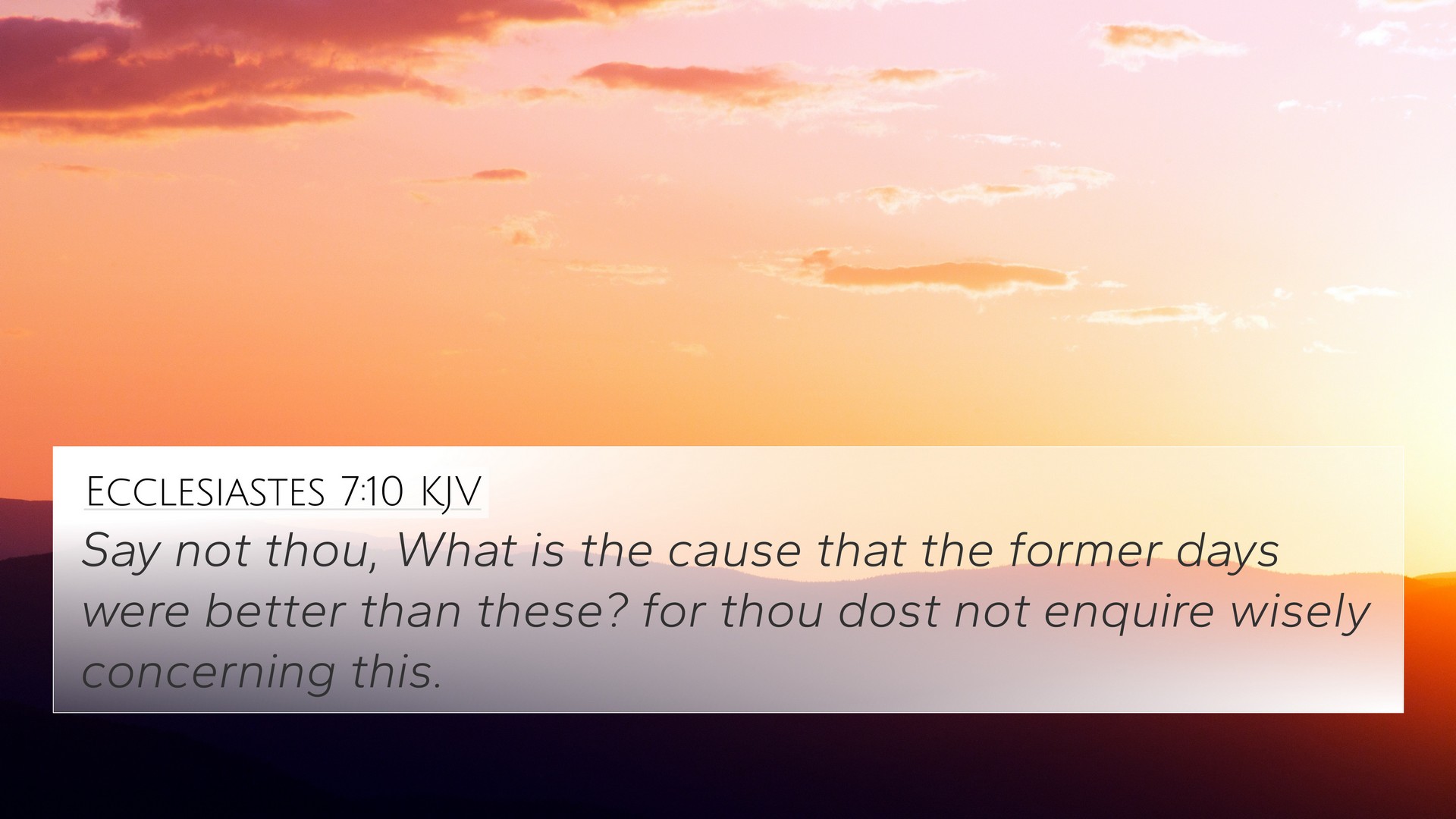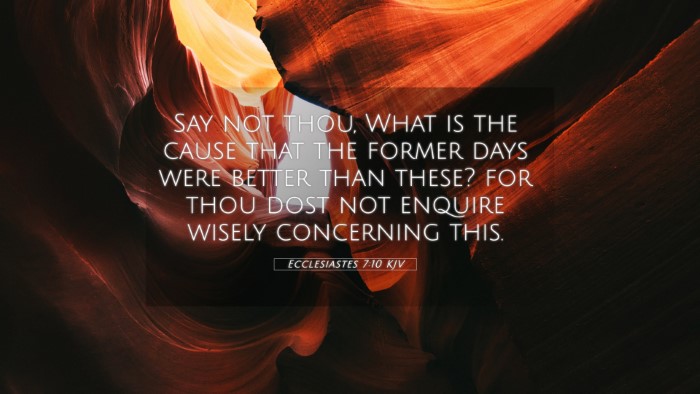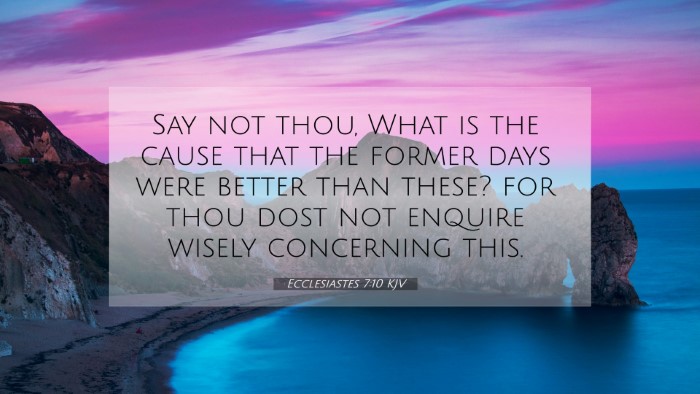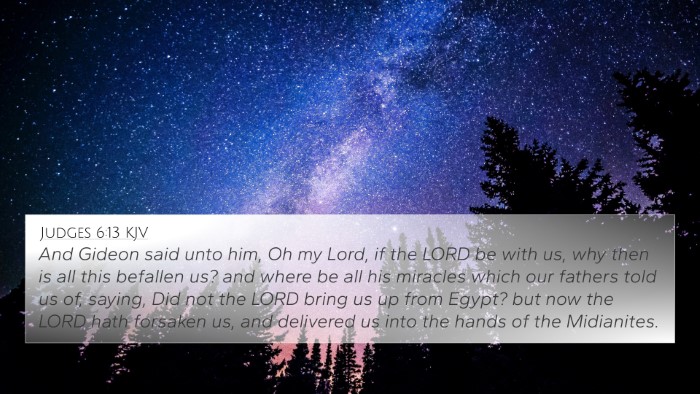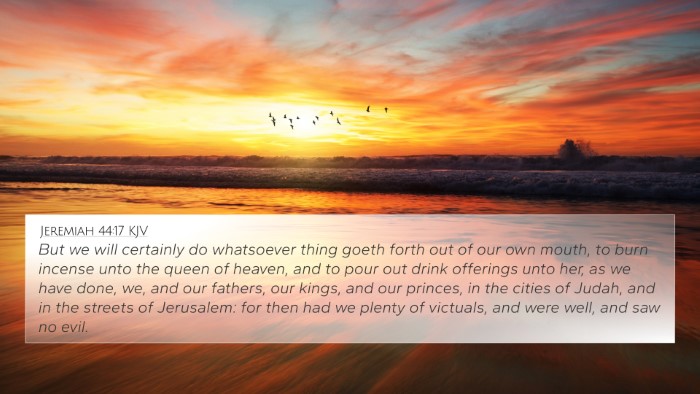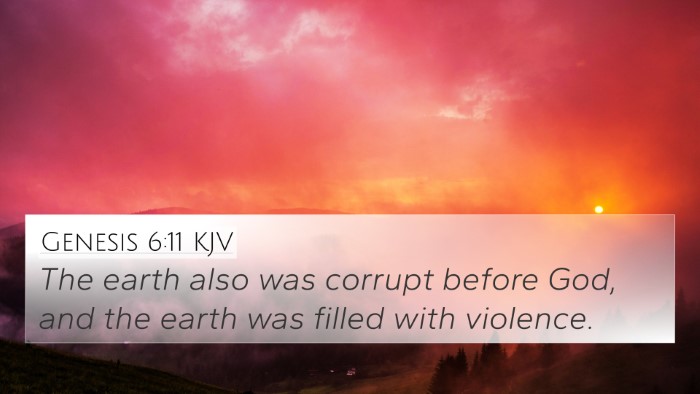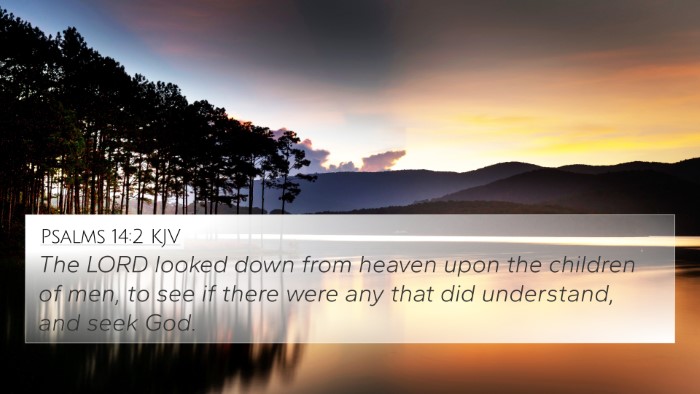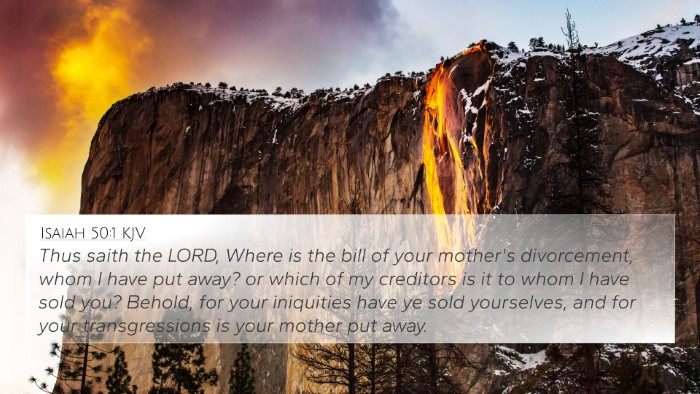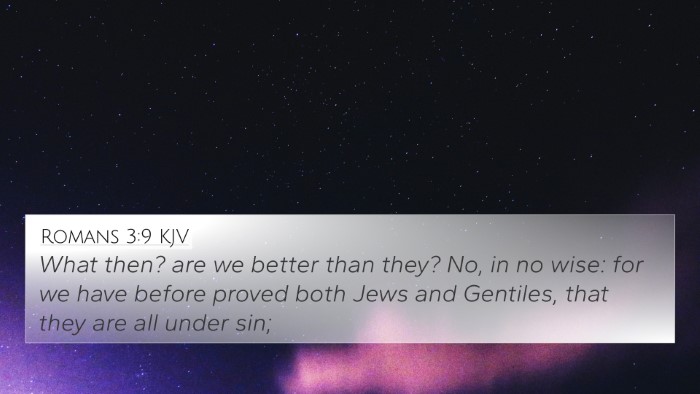Understanding Ecclesiastes 7:10
Ecclesiastes 7:10 states: "Do not say, 'Why were the old days better than these?' For it is not wise to ask such questions."
This verse speaks directly to the human tendency to romanticize the past while undervaluing the present. The author of Ecclesiastes warns against the foolishness of comparing past days with present days, suggesting that such inquiries can lead to discontent and unwise conclusions.
Insights from Public Domain Commentaries
-
Matthew Henry:
Henry explains that this verse serves as a caution against a nostalgic yearning for the past that overlooks the present's value and learning opportunities. He emphasizes the importance of appreciating the current times for their unique offerings and acknowledges that the past is often idealized, leading to dissatisfaction with what is now.
-
Albert Barnes:
Barnes notes that the verse admonishes against a covetous heart that longs for bygone days. He highlights that every age has its trials and that wisdom lies in recognizing the benefits of the present, which may surpass those of the past in unacknowledged ways.
-
Adam Clarke:
Clarke suggests that this verse infers a need for contentment in the present and warns against a lack of gratitude for current blessings. He discusses how such contemplations can often become a hindrance to personal growth and impede one's relationship with God.
Thematic Connections and Cross-Referencing
This verse serves as an anchor for several Biblical themes and encourages deeper understanding through cross-referencing. Here are connections to related Bible verses:
- Philippians 4:11-13: Paul teaches contentment in every situation, echoing the sentiments in Ecclesiastes.
- Jeremiah 29:11: God's promise for the future serves as a reminder that hope exists in the present.
- Psalm 118:24: This verse reinforces the call to rejoice in the day that the Lord has made.
- 1 Thessalonians 5:18: Encourages gratitude in all circumstances, resonating with the message of valuing the present.
- Proverbs 27:1: Reminds us of the uncertainty of tomorrow and calls for present mindfulness.
- Matthew 6:34: Jesus teaches not to worry about tomorrow, aligning with the essence of Ecclesiastes 7:10.
- Isaiah 43:18-19: God calls His people to forget the former things and recognize the new things He is doing.
Further Reflection and Application
To grasp the full meaning of Ecclesiastes 7:10, it is beneficial to engage in comparative Bible verse analysis and thematic Bible verse connections. This involves looking at how different passages interact and complement each other. Here are some thoughts for a deeper understanding:
- Tools for Bible Cross-Referencing: Utilizing a Bible concordance or Bible cross-reference guide can unveil connections that enhance the comprehension of Ecclesiastes 7:10.
- How to Use Bible Cross-References: Actively linking similar themes across both the Old and New Testaments aids in understanding various Biblical teachings, making the study more comprehensive.
- Bible Cross-Reference Guide: Explore the Bible cross-reference system for enriched knowledge and insight into the wisdom literature’s reflections on life.
Conclusion
In summary, Ecclesiastes 7:10 serves as a timeless reminder to cultivate a perspective that values the present rather than obsessing over an idealized past. Through careful scriptural cross-referencing and a thorough understanding of related verses, believers can grasp the profound wisdom within this verse and apply it to their lives. Continuous engagement with related passages fosters not only personal growth but also a richer understanding of God’s Word as a whole.
